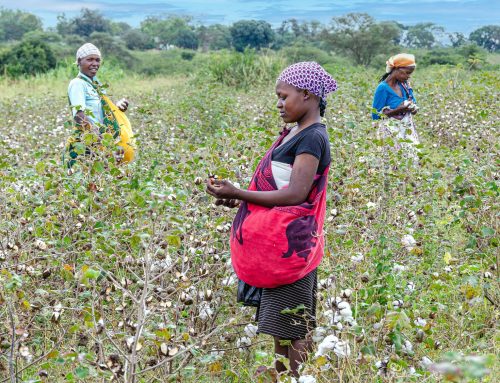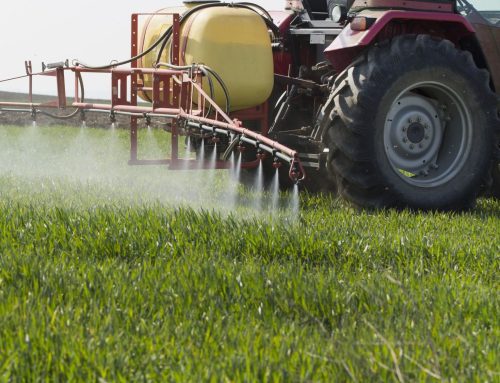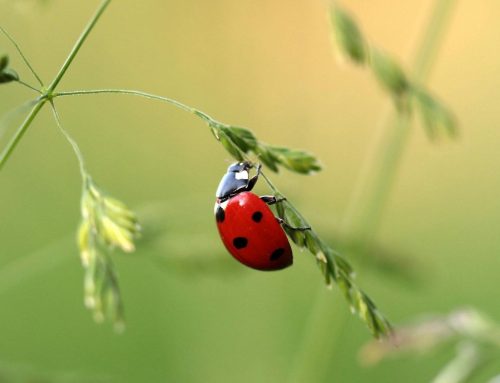by Dr Robin Mesnage, King’s College London
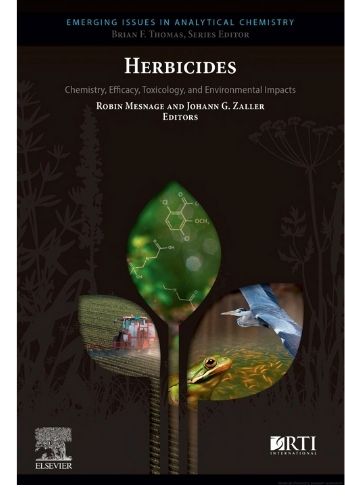 Herbicides have become a vital tool for weed management in an intensified agricultural production system. Nontrivial amounts are also sprayed on industrial sites, roadsides, railway tracks, sports areas and even private gardens. Determining whether the use of a pesticide is likely to cause health risks or damage the environment is a complex question. Regulatory systems have often failed to provide an appropriate answer to this question. The health effects of some pesticides have been detected or mitigated too late in some cases, as for the role paraquat in Parkinson’s disease or chlorpyrifos in neurobehavioral disorders. Uncontrolled damages to ecosystems have also been common. A new hot topic is glyphosate and its potential carcinogenic effects. Debates are raging, and people are even marching on the street to protest against the use of glyphosate.
Herbicides have become a vital tool for weed management in an intensified agricultural production system. Nontrivial amounts are also sprayed on industrial sites, roadsides, railway tracks, sports areas and even private gardens. Determining whether the use of a pesticide is likely to cause health risks or damage the environment is a complex question. Regulatory systems have often failed to provide an appropriate answer to this question. The health effects of some pesticides have been detected or mitigated too late in some cases, as for the role paraquat in Parkinson’s disease or chlorpyrifos in neurobehavioral disorders. Uncontrolled damages to ecosystems have also been common. A new hot topic is glyphosate and its potential carcinogenic effects. Debates are raging, and people are even marching on the street to protest against the use of glyphosate.
Information about the toxicity of pesticides can easily be accessed on the internet. However, misinformation is spreading faster than the truth because it induces emotion over reason. It is often cleverly exploited by advocate groups to spread doubt about scientific evidence. As an academic scientist working on herbicide toxicity, I have been exposed to misrepresentations of scientific information too many times. This is why I decided to write a book which would address contemporary debates on herbicide toxicology. The objective was to provide an overview while acknowledging the responsibility to protect the public and environment from unnecessary exposures when there is a plausible risk.
Determining and managing health risks of pesticides requires transdisciplinary knowledge. Pesticide toxicity is just one piece of the puzzle of risk management. What matters is the final risk-benefit equation taking into account costs, benefits, alternatives, exposure and toxicity. A strength of this book is its multidisciplinary. Together with Dr. Johann Zaller, we have selected internationally recognized experts in different domains (toxicology, ecosystem health, agriculture, chemistry, regulation and legislation) to discuss aspects of the use of herbicides in modern agricultural and other systems, including their potential non-target effects on human populations and various ecosystems.
Providing 9 billion people with healthy food is a great challenge. It goes beyond improvements of farm performance and implies a global revolution of food systems. Weed control is an integral part of this revolution. However, herbicides should not be given the priority when managing agricultural crops. They are not a one-size-fits-all solution, and their use should not be disconnected from weed-crop ecology. Weed control strategies should be evaluated with respect to efficacy, cost, and ease of implementation but also with respect to long-term sustainability, environmental impact, and human health. This book is meant to provide insights from multiple scientific disciplines to move towards sustainable weed-management that supports resilient agricultural systems while securing global food security.
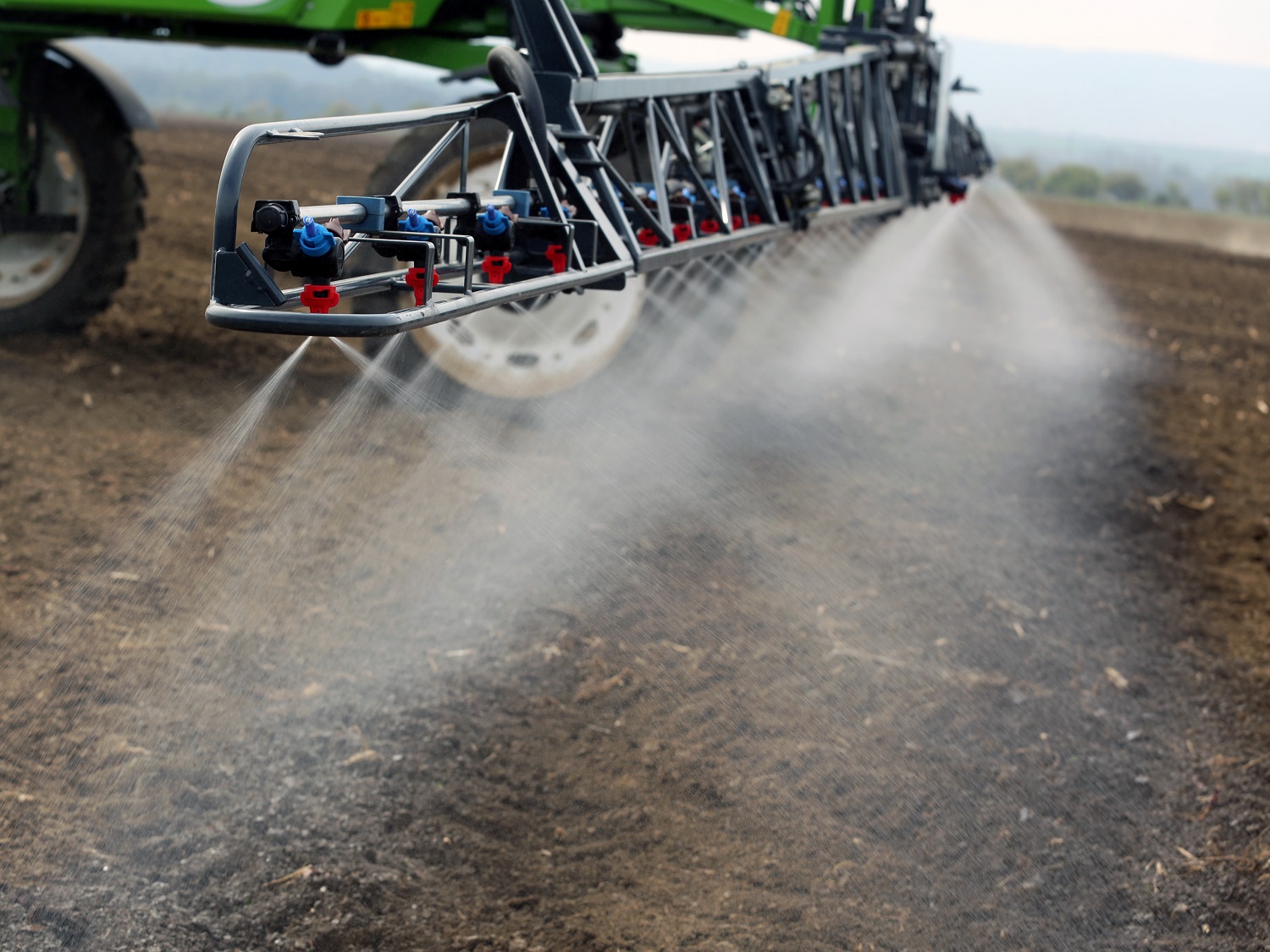
Dr Robin Mesnage is a toxicologist in the Department of Medical and Molecular Genetics at King’s College London. His research focus over the last 10 years has been on the safety evaluation of pesticides. He specialises in using molecular profiling and genomic science to improve the sensitivity of chemical toxicity testing and better predict health risks arising from pesticide exposure. Access his new book ‘Herbicides’ online here.


